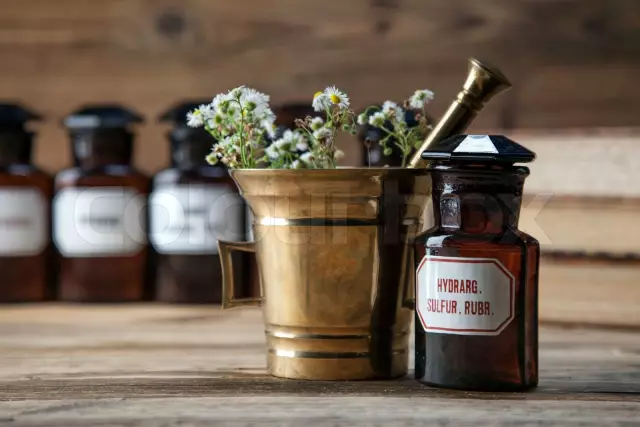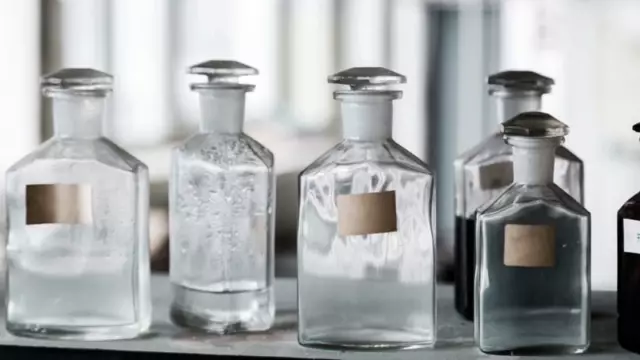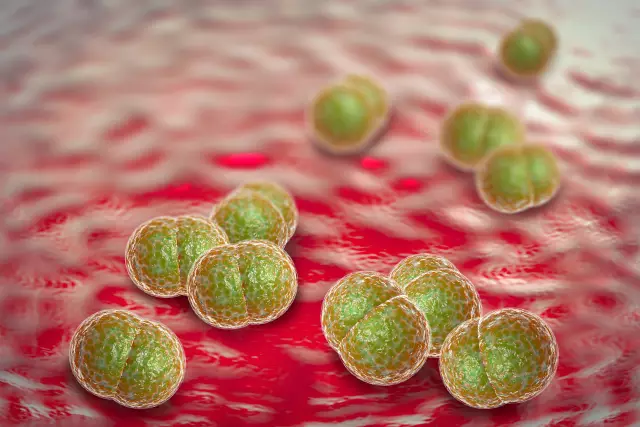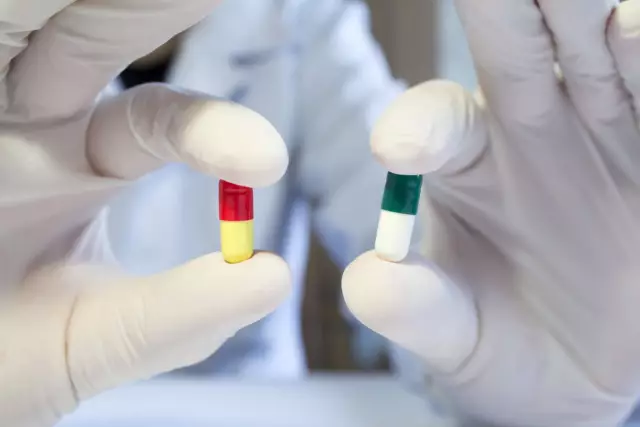- Author Rachel Wainwright wainwright@abchealthonline.com.
- Public 2023-12-15 07:39.
- Last modified 2025-11-02 20:14.
6 ancient medicines that have not lost their relevance
The profession of a doctor is as old as humanity itself. Despite the fact that the capabilities of our ancestors in the diagnosis and treatment of diseases were significantly limited, healers sometimes achieved impressive success. Some means, which have been used since ancient times to alleviate the suffering of patients, have not lost their relevance to this day.
Let's talk about those ancient medicines that are of interest to doctors and pharmacists even today.

Source: depositphotos.com
Anglo-Saxon Eye Balm
In 2015, scientists drew attention to a recipe for a balm for the treatment of eye diseases, published in an ancient Anglo-Saxon source and, according to some sources, known as early as the 9th century. The researchers were most struck by the fact that doctors, who had no idea about pathogenic microorganisms, acting exclusively in an experimental way, created a drug that inhibits the vital activity of Staphylococcus aureus.
The product contains cow bile and wine, as well as extracts of garlic and onions. It successfully copes with cultures of bacteria that are insensitive to modern antibiotics. Scientists believe that the antibacterial effect is provided not by any one substance that is part of the balm, but by all the ingredients in the complex.
Henbane seeds
The henbane (belladonna) preparations have been used since ancient times in the treatment of many diseases. Atropine and scopolamine, which are part of the plant, have antispasmodic and analgesic effects and are ingredients of some modern medicines.
Belladonna seeds were recently discovered during excavations in the ancient city of Kaman, located in Turkey. Judging by the state of the plant materials, it was prepared for therapeutic use. The age of the find dates back to around the 15th century. Written sources from those times indicate that henbane preparations were used to relieve ear and toothache, as well as to treat the eyes.

Source: depositphotos.com
Chinese drug for the treatment of malaria
In 2015, Chinese chemist Tu Yuyu received the Nobel Prize for his discovery of artemisin, a method for treating malaria. The antibiotic was isolated from ordinary wormwood, and the idea of its use came from the study of ancient Chinese medical manuscripts. Tu Yuyu found records that doctors relieved patients from attacks of malaria by using a tincture of this plant.
Research is underway to create a drug for tuberculosis based on artemisin, and the results of the experiments give hope for success.

Source: depositphotos.com
Arabic recipe for hangover relief
Kitab al-Tabih is the oldest Arab cookbook, written in the 10th century by Ibn Sayan al-Varraq, and contains more than 600 descriptions of dishes that were once served at the court of the Caliph of Baghdad. Studying the book, modern researchers have discovered a recipe for a very curious dish - "gut". According to the author, this is an excellent hangover cure.
The dish includes meat stewed with vegetables and lentils. The anti-hangover effect, according to scientists, is provided by one of the essential ingredients - a fermented milk product called "gut". Researchers have yet to figure out the secrets behind the preparation of this ingredient.

Source: depositphotos.com
Golden root
Golden root (Rhodiola rosea) grows in the Far East, Eastern Siberia, the Urals and Altai. For centuries, the indigenous population of these regions has used the rhizomes of the plant for the preparation of medicinal tinctures and decoctions.
Rhodiola has a wound healing, tonic, tonic and soothing effect. Its preparations help to restore strength in case of mental and physical fatigue, improve blood composition in case of iron deficiency anemia, relieve pain in inflammatory lesions of the joints, normalize sleep, and help optimize blood pressure in hypotensive patients. When used as an antidepressant, the golden root is somewhat inferior in intensity to the effects of synthetic drugs for a similar purpose, but it does not have severe side effects.
Today pharmacies offer only one remedy based on Rhodiola rosea - rhizome extract. However, the study of the medicinal properties of this plant has not been completed. We can expect the appearance of drugs made from the golden root and helping to alleviate the suffering of patients with diabetes mellitus, pathologies of the gastrointestinal tract, atherosclerosis and many other ailments.

Source: depositphotos.com
Corkwood
The bark, leaves and bast of the Amur cork tree (Amur velvet, Amur philodendron) have long been used in oriental medicine in the treatment of digestive disorders, hepatitis, cholelithiasis, colds, pathologies of the urinary system, and also as an external remedy for lesions of the mucous membranes and skin.
Modern scientists are interested in the plant. Research is currently underway that may result in a cure for pancreatic cancer.

Source: depositphotos.com
The medical experience of previous generations is being actively studied today. The undoubted advantage of the drugs used in antiquity is the naturalness of their ingredients, which ensures the absence of side effects characteristic of synthetic drugs. In the near future, we may witness the creation on their basis of new remedies for dangerous and serious ailments.
YouTube video related to the article:

Maria Kulkes Medical journalist About the author
Education: First Moscow State Medical University named after I. M. Sechenov, specialty "General Medicine".
Found a mistake in the text? Select it and press Ctrl + Enter.






